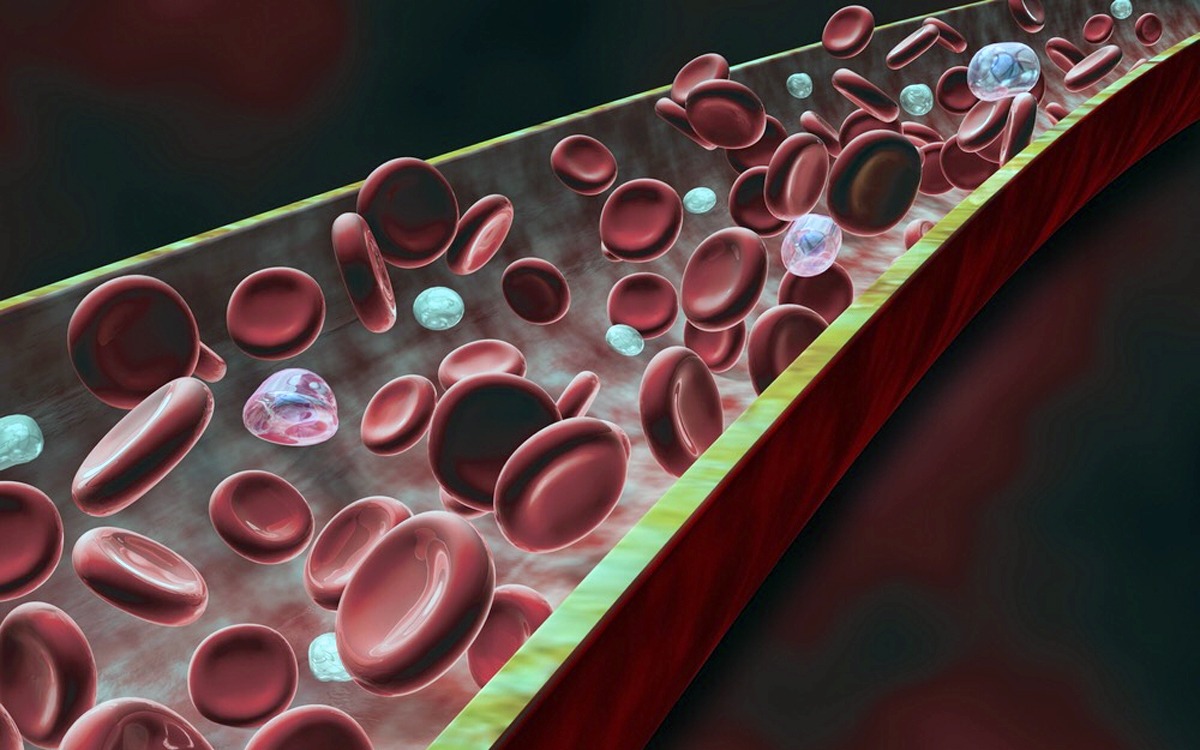Hemoglobin is often called the body’s oxygen transporter, and for good reason. This protein in red blood cells (RBCs) carries oxygen from the lungs to all parts of the body, powering every cell. While many people are familiar with hemoglobin, there are numerous myths about what it does, how to support it, and what role iron plays in its health. Let’s break down some common hemoglobin myths and facts so you can keep your red blood cell count at optimal levels.
Debunking Common Myths About Hemoglobin
Myth 1: High Iron Levels Mean a Stronger Immune System (or)
Looking to strengthen your immune system, Iron could be your best friend, but finding the right balance is important.
Fact: Iron is vital for the immune system, but too much iron can be harmful. Excessive iron can cause oxidative stress and may even weaken immune responses. Balance is key: aim to meet the recommended daily iron intake without overdoing it. The body has natural checks in place, and while iron deficiency can compromise immunity, more isn’t always better.
Myth 2: Low Hemoglobin Always Means Anemia (or)
Wondering if low hemoglobin means you have anemia? There’s more to the story- let’s explore the possibilities.
Fact: Anemia, especially iron deficiency anemia, is a common cause of low hemoglobin levels. However, low hemoglobin can also result from blood loss, chronic diseases, or nutrient deficiencies other than iron, such as folic acid or Vitamin B12. Pregnant women, for example, often experience fluctuating hemoglobin levels and need more iron to support their growing baby, but they may also require other nutrients to maintain their health.
Myth 3: Only Meat Provides Enough Iron for Healthy Red Blood Cells (or)
Only meat for iron? Think again! There’s a world of plant-based foods that can support your red blood cell health.
Fact: Although red meat is a rich source of heme iron, there are plant-based options like dark leafy vegetables and legumes that can boost hemoglobin levels. While plant-based iron (non-heme iron) isn’t as easily absorbed as heme iron, pairing it with Vitamin C (think citrus fruits or bell peppers) improves absorption significantly. This is great news for vegetarians and vegans who want to keep their hemoglobin levels up.
Myth 4: Only Iron Matters for Hemoglobin Levels (or)
Think iron is the only player in the game of hemoglobin health? There’s a whole team of nutrients that deserve the spotlight.
Fact: Iron is essential, but it’s not the sole nutrient required for healthy red blood cells. Folic acid, Vitamin B12, and protein are also essential for forming hemoglobin and maintaining red blood cell health. Folic acid, in particular, aids in red blood cell production, and a lack of it can lead to anemia. For this reason, a varied diet is necessary to support hemoglobin levels and overall blood health.
Myth 5: Eating Iron-Rich Foods Alone Is Enough (or)
Relying solely on iron-rich foods for your hemoglobin? It’s time to discover why a balanced diet with other nutrients is essential for true health.
Fact: While consuming iron-rich foods like leafy vegetables, lentils, and fortified grains can help boost iron levels, your body may need more. For individuals with severe anemia, diet alone may not suffice, and iron supplements may also be beneficial.
How to Support Healthy Hemoglobin Levels
Incorporate Dark Leafy Greens: Spinach, kale, and Swiss chard are packed with non-heme iron, and adding them to your diet helps support hemoglobin.
Pair Iron with Vitamin C: For better iron absorption, combine iron-rich foods with Vitamin C-rich foods like oranges, tomatoes, and strawberries. This is especially useful for those relying on plant-based iron sources.
Consider Iron Supplements if Needed: If diet alone isn’t enough to maintain healthy hemoglobin, especially in cases of severe iron deficiency anemia or after significant blood loss, iron supplements may be necessary. Consult with a healthcare provider to determine if supplementation is right for you.
Pregnant Women and Hemoglobin: Pregnancy increases iron needs, so pregnant women should monitor their hemoglobin levels closely. In addition to iron, they should focus on nutrients like folic acid and Vitamin B12 for fetal development and maternal health.
Be Mindful After Donating Blood: After donating blood, the body needs time to replenish its hemoglobin. Eating iron-rich foods and, if recommended by a doctor, taking supplements can aid recovery.
Conclusion:
Understanding the truth about hemoglobin and its role in our health is essential for maintaining well-being. By dispelling common myths, we see that a balanced diet-rich in iron, folic acid, Vitamin B12, and protein is vital for supporting healthy hemoglobin levels. For those who need extra help, such as pregnant women or individuals with specific health concerns, consulting a healthcare provider is important. By making informed choices about nutrition, you can effectively support your hemoglobin health and overall vitality.
“Good nutrition creates health in all areas of our existence. All parts are interconnected.”

